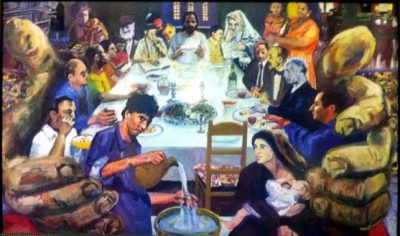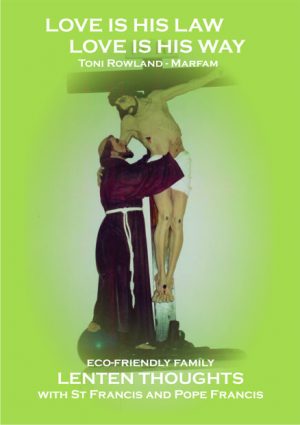April 25. Sunday Easter 4B. Fr Brian smiled to himself as he messaged his people, “Sheep and shepherds are mentioned often in the Bible, Old and New Testaments. What is our general attitude towards them today? Some of us know all about them, others have never seen a sheep from close up. In general they are considered as quite stupid animals, inclined to follow obediently or be pushed around by a more businesslike sheepdog. As for shepherds in our South African society they are not considered the most intelligent of people, although quite small boys can manage a flock nicely. In the Biblical passages the image of a shepherd is of a genuine committed and caring person, leading the way while his sheep love him and follow him faithfully. But they nevertheless had no great status in society and were simple and poor folk. Perceptions do change, but the important message is commitment, even tender care and faithfulness. Can we apply that to our fathers and our priests?
Jesus said, “I am the good shepherd. The good shepherd lays down his life for the sheep. He who is a hireling and not a shepherd, whose own the sheep are not, sees the wolf coming and leaves the sheep and flees. I know my own and my own know me as the Father knows me and I know the Father. I have other sheep that are not of this fold: I must bring them also and they will heed my voice. So there shall be one flock, one shepherd. John 10:11-18. Pope Francis: We cannot forget Christ’s desire that they may all be one. Hearing his call we recognize with sorrow that the process of globalization still lacks the prophetic and spiritual contribution of unity among Christians. This notwithstanding, even as we make this journey towards full communion we already have the duty to offer common witness to the love of God for all people by working together in the service of humanity. FT280. Reflect, share, pray. Discuss different perceptions of shepherds and what we can learn for today.






Recent Comments